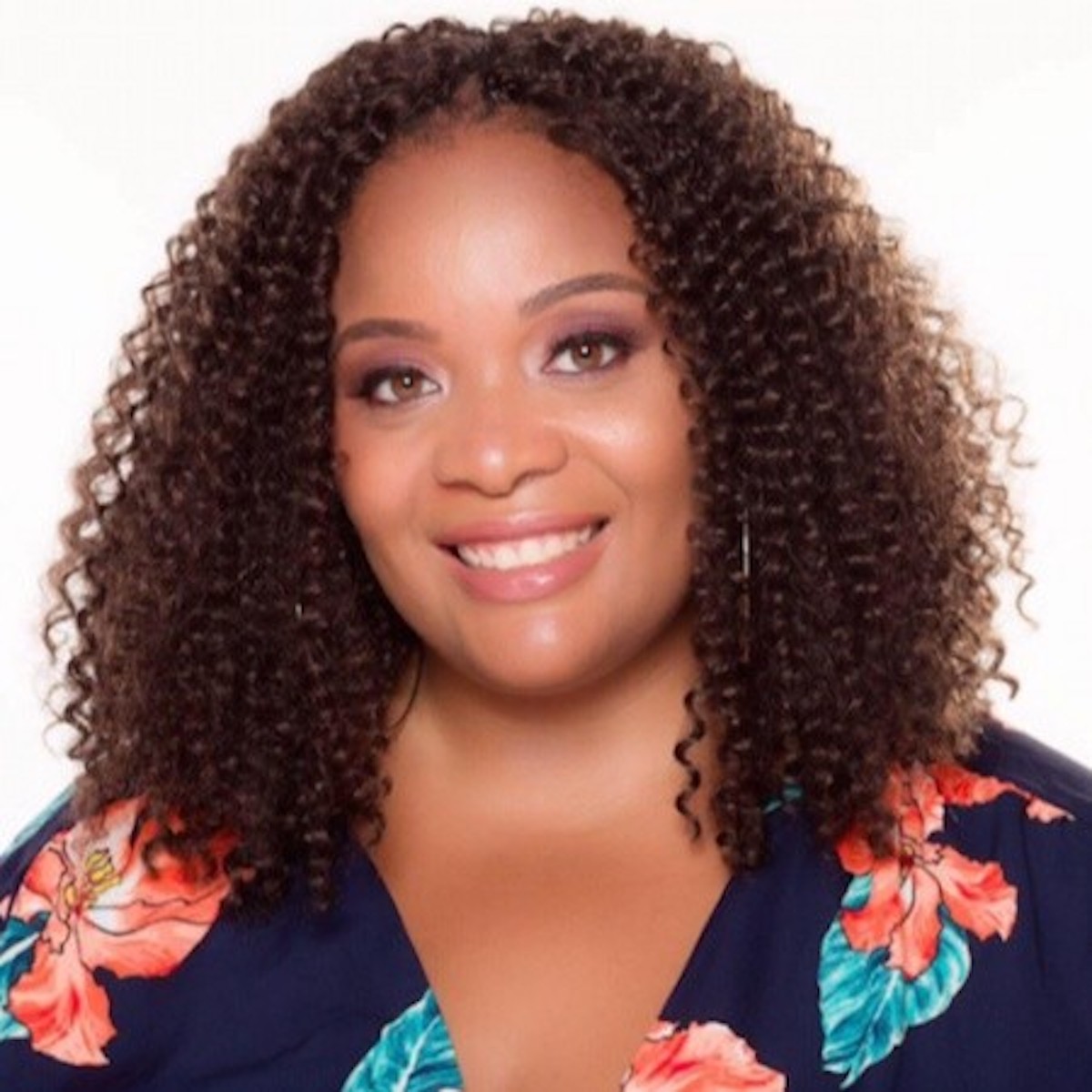When Osage Venture Partners is looking for companies to add to its investment portfolio, its team often considers founders who have personally felt the pain-point or problem that they’re trying to solve.
Often, it’s B2B companies in the software, payments and business space. Think: Circonus, InstaMed and Sidecar.
But then Osage Principal Emily Foote met Kimberly Wilson, founder and CEO of HUED, a startup matching patients to Black and Latinx physicians near them. The company aims to connect those seeking healthcare with doctors who look like them, train physicians in culturally competence, and dismantle the structural barriers that prevent patients of color from accessing high-quality care.
The VC firm has funded healthtech companies before, Foote said, but Wilson’s pitch and business model aiming to solve a problem she’d personally experienced especially impressed her.
“We do a lot of due diligence and this is not a problem that’s isolated to Kimberly,” Foote told Technical.ly. “It’s a massive, massive, problem. Black and brown communities spend $1 trillion on healthcare. Despite spending that, they get 30% to 40% worse care because of the color of their skin.”
It’s why Osage invested in D.C.-based HUED’s $1.6 million seed round, lead by Female Founders Fund with participation from Serena Williams‘ Serena Ventures, Northwestern Mutual, Black Founders Matter, Gingerbread Capital and Halle Tecco, angel investor and founder of Natalist.

Emily Foote. (Courtesy photo)
Osage has historically invested in Series A rounds with a particular focus on startups working within education, healthcare payments and the future of work, but Foote felt that HUED sits right at the intersection of healthcare and education and decided to invest earlier. She met Wilson during the pitch day for the Northwestern Mutual Black Founder Accelerator.
In a time where startups founded by women only accounted for 2.3% of all venture capital raised in 2020 and Black women founders have only received 0.34% of VC this year, it’s important to increase Osage’s network with more women and minority-led companies, Foote said.
“Kimberly has understood the pain-point in her life. She knows that problem well, she’s attempting to solve it, she has a really compelling business model and encouraging traction,” Foote said. “Those are all the reasons to make the investment. Not just because she’s a Black female, but she’s lived the pain.”
Initially, the startup was a digital directory of sorts for patients looking for doctors. But it soon proved to not be enough — there aren’t nearly enough physicians of color to treat the populations of color around the U.S. The platform also now offers anti-racism and implicit bias training for any team to be able to implement informed care.
The company caught the attention of Serena Ventures, as Williams herself became an advocate for women’s care following the complicated birth of her daughter in 2017.
“We were just really blessed that we had VCs who were aligned and passionate equally about the work that we were doing, and it made our job fundraising much easier,” Wilson told Technical.ly.

Serena Williams on the tennis court. (Photo by Flickr user Yann Caradec, used via a Creative Commons license)
Foote is hopeful that the number of Black women-led founders who raise money in 2021 will top the extremely low representation from last year. But, she said, the community also has to take a hard look at not just who’s getting funded, but who’s doing the funding.
In 2020, only 23% of investment professionals were women, and only 16% of partners were women. In 2019, 65% of firms didn’t have a single female partner or GP. And in 2020, of all investment partners, only 3% were Black and 4% were Latinx, a study by the National Venture Capital Association found.
Partnered with these stats, Foote said, is the fact that a majority of venture capitalists come from Ivy League schools. Per a 2018 survey, 40% of VCs responded that they’d graduated from either Harvard University or Stanford University.
“It’s typically very highly educated white men making the investment. It’s not bad that there’s highly educated white males, but what is bad about it, is that it creates an artificial filter of who you’re seeing,” Foote said. “The networks are homogeneous. We need to diversify venture — who’s making the investment decisions — and then I think we’ll see the number of women, Black and Latinx founders getting VC deals rise.”
_
Technical.ly D.C. Reporter Michaela Althouse contributed reporting to this story.
Join the conversation!
Find news, events, jobs and people who share your interests on Technical.ly's open community Slack

Philly daily roundup: Student-made college cost app; Central High is robotics world champ; Internet subsidy expiration looms

Philly daily roundup: Earth Day glossary; Gen AI's energy cost; Biotech incubator in Horsham

Philly daily roundup: Women's health startup wins pitch; $204M for internet access; 'GamingWalls' for sports venues


